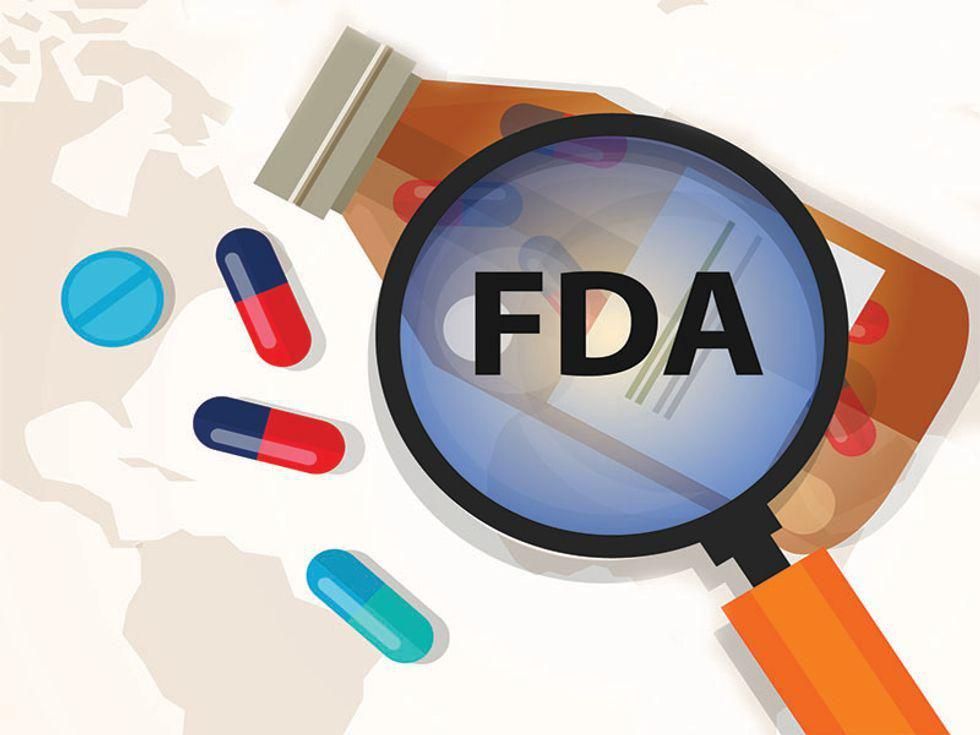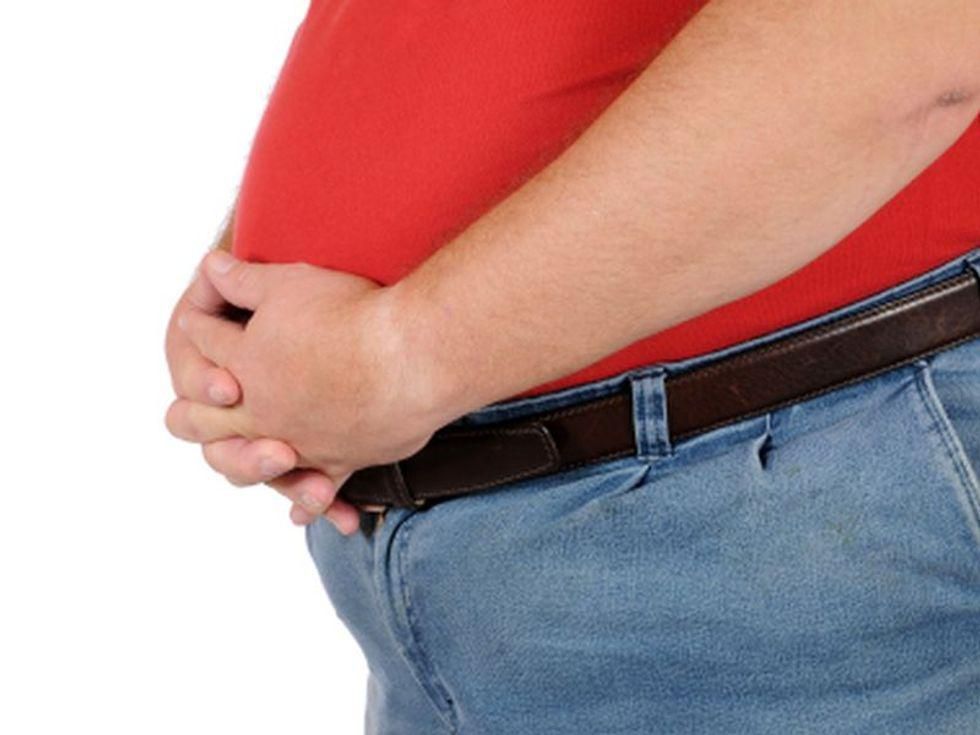
New research offers good news for women with an aggressive HER2-positive breast cancer. A targeted therapy, trastuzumab deruxtecan (T-DXd), sold as Enhertu, triples the length of time that the cancer remains in check when compared with the current gold standard, trastuzumab emtansine (T-DM1). Both of these drugs are second-line treatment options for HER2-positive breast cancer… read on > read on >






























